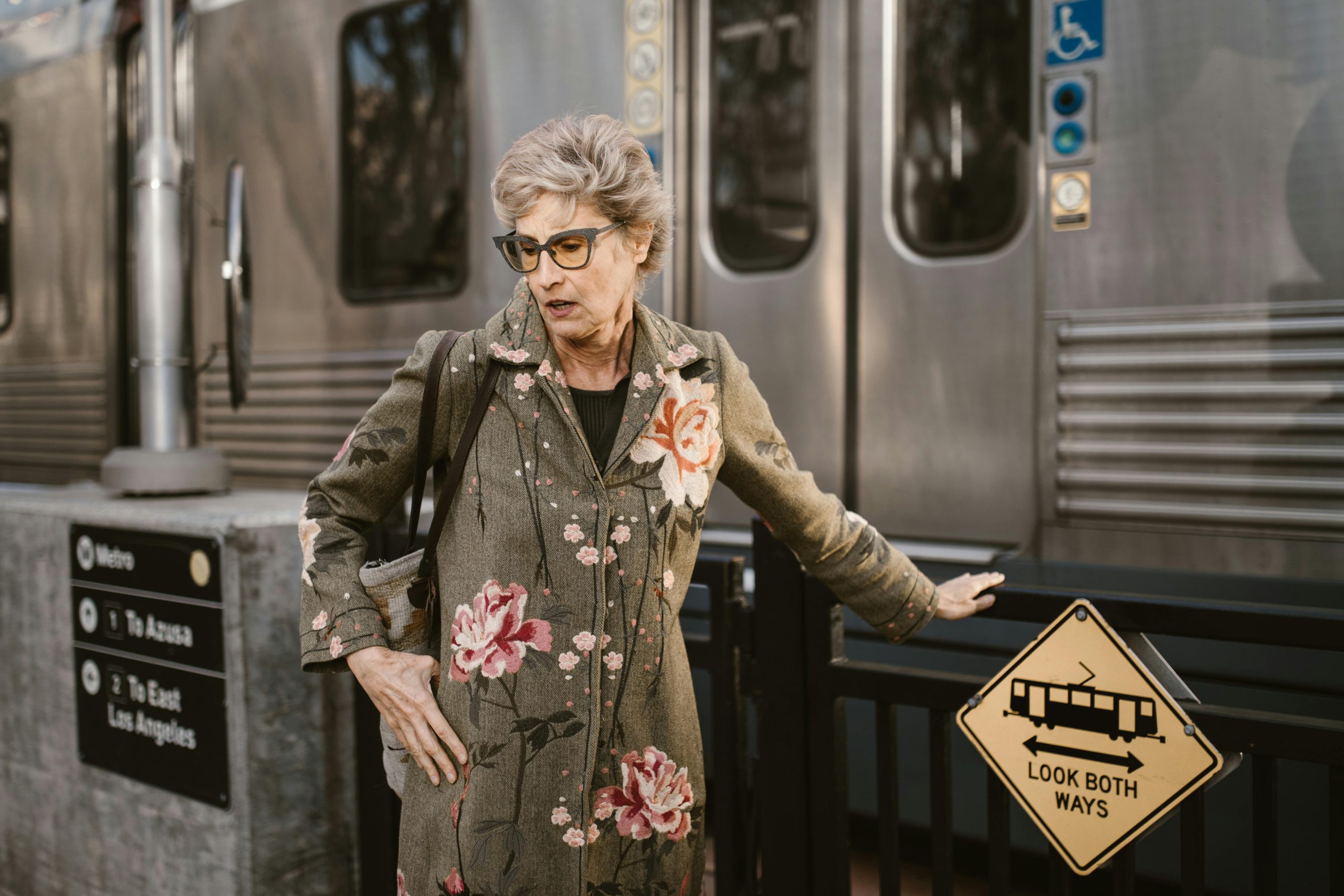Understanding Liability Coverage When You’re Not the Driver: What You Need to Know
Navigating insurance claims can sometimes be confusing, especially when you’re not the one behind the wheel. Recently, a situation arose that highlights important considerations regarding liability coverage and personal responsibility. Let’s explore this scenario to clarify how insurance typically works when you’re not the driver involved in an accident.
The Scenario
Imagine a pedestrian—let’s call them the ‘vehicle owner’—whose friend was driving their truck. During a casual day, the vehicle was parked in a lot, and an incident occurred where the pedestrian’s actions inadvertently caused damage to the parked truck. Specifically, a young man, trying to be playful, jumped into the passenger side through the window, resulting in a significant dent that requires repairs.
Insurance Implications
In this situation, the vehicle owner carries liability coverage through USAA. The key questions to consider are:
-
Is the vehicle owner covered for damages if they weren’t the one driving when the damage occurred?
-
If they inquire with their insurer about coverage, will that impact their insurance premiums?
Understanding Liability Coverage
Liability insurance generally protects the policyholder from damages they are legally responsible for causing to others. When someone else operates your vehicle with your permission, your liability coverage often extends to cover accidents caused by that driver. However, coverage specifics can vary based on your policy and the circumstances.
Regarding the scenario, since the damage was caused while the vehicle was parked and not in operation, the situation might fall outside typical coverage, but it’s essential to review the details of your policy or consult directly with your insurer.
Should You Contact Your Insurance Company?
If you’re uncertain about whether you’re covered or if a claim might affect your rates, it’s a good idea to contact your insurance provider for clarification. Many insurers appreciate proactive communication and can advise on potential impacts on your premiums or coverage terms.
Final Thoughts
Accidents involving vehicles driven by friends or others can raise complex questions about coverage. Always review your policy documents and consider reaching out to your insurer for personalized advice. Being informed helps you make the best decisions and ensures you’re protected when unexpected incidents occur.
Remember, honest communication with your insurance company not only clarifies coverage but also demonstrates your responsible approach to managing risk.



